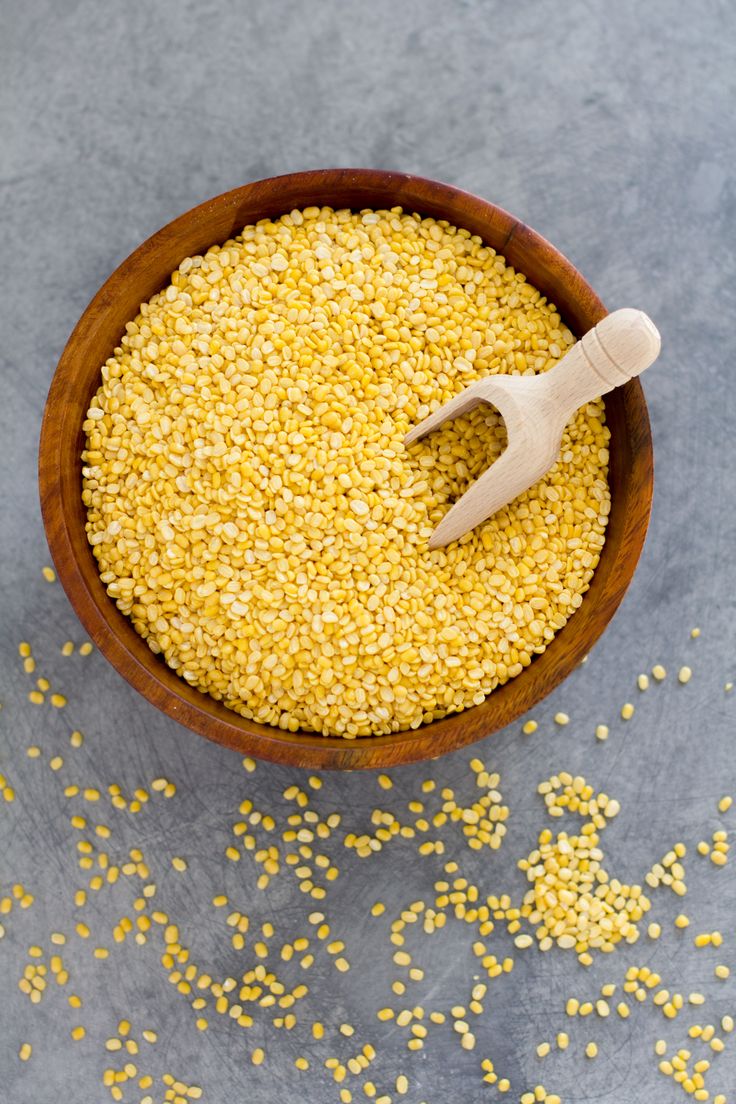Categories
The latest content
-

Customs Clearance & Import Regulations for Bulk Iranian Pinto Beans in EU, Middle East & Africa
..
-

Quality Control & Laboratory Testing Standards for Iranian Pinto Beans
..
-

Logistics & Shipping Solutions for Bulk Iranian Pinto Bean Exports
..
-

Minimum Order Quantity (MOQ) & Bulk Pricing for Iranian Pinto Bean Buyers
..

Tags
How to Buy Split Peas in Bulk in Egypt? 2025 Wholesale Prices, Tariffs & Import Regulations

Split peas are a staple in Egyptian kitchens, widely used in traditional dishes such as koshari, soups, and stews. As Egypt's population continues to grow and local production of pulses struggles to keep up with demand, the country increasingly turns to international suppliers for quality bulk legumes like split peas.
If you’re a food distributor, wholesaler, or importer in Egypt, this guide will walk you through everything you need to know to buy split peas in bulk—especially from Iran, a rising player in legume exports.
Why Choose Iranian Split Peas for the Egyptian Market?
Iran has become one of the most reliable and competitive sources for agricultural commodities in the MENA region. Iranian split peas are:
• Rich in protein and nutrients
• Available in bulk and customizable packaging
• Certified for export (including Halal and phytosanitary certificates)
• Competitive in price, especially compared to Canadian or Australian sources
• Easily shipped via the Bandar Abbas port and Suez Canal
Average Wholesale Price of Split Peas in Egypt (2025 Update)
The wholesale price of split peas in Egypt depends on several factors: origin, quality, shipment volume, and logistics. As of mid-2025:
Origin Avg. Bulk Price (USD/MT)
Iran $3,900 – $4,200 per MT
Canada $3,750 – $3,950 per MT
Australia $4,000 – $4,300 per MT
Note: Prices are FOB and may vary based on order size and shipping method.
Import Tariffs & Regulations for Split Peas in Egypt
Egypt's import regulations for food commodities are fairly well-defined, but every importer must be aware of the latest tariff codes, certifications, and procedures. Here's a brief summary:
HS Code for Split Peas:
0713.10 (Dried Leguminous Vegetables – Split Peas)
Import Duties & Taxes:
• Customs Tariff: 5% – 10% depending on trade agreements and origin
• VAT: 14%
• Other Fees: Customs processing + inspection charges
Required Documents:
• Bill of Lading (B/L)
• Commercial Invoice
• Packing List
• Certificate of Origin
• Phytosanitary Certificate
• Halal Certificate (for many importers)
• Importer Registration Certificate (with Egyptian Customs)
Registration:
Only companies registered with the General Organization for Export and Import Control (GOEIC) are allowed to import food items, including split peas.
Best Shipping Routes to Egypt from Iran
Iranian exporters usually ship via Bandar Abbas Port to Alexandria or Port Said using 20ft/40ft containers. Average transit time is 7 to 10 days by sea.
Finding a Reliable Bulk Split Peas Supplier
At Tamila Agrifood, we specialize in supplying high-quality Iranian split peas directly from our farms and sorting facilities. We handle all export documents, logistics coordination, and compliance with Egyptian standards.
Why Choose Tamila Agrifood?
• Direct-from-farm sourcing
• Export experience to multiple African and Middle Eastern countries
• Full documentation & compliance with Egyptian import law
• Flexible MOQs for trial orders
• Arabic, English & Farsi-speaking export managers
Packaging Options
We offer private labeling and packaging in:
• 25kg & 50kg PP bags (bulk)
• 1kg & 5kg retail packs (optional)
• Custom designs on request
Ready to Import Bulk Split Peas to Egypt?
Whether you're a seasoned importer or just getting started, Tamila Agrifood is here to support your growth in the Egyptian market. Contact us today to get a free quotation, shipping schedule, and sample photos of our split peas.
Email: tamilaagrifood@gmail.com
WhatsApp: +989141858935
Final Thoughts
Egypt’s appetite for affordable, high-protein legumes is growing fast. By sourcing from trusted Iranian suppliers like Tamila Agrifood, you not only ensure competitive prices and high quality, but also benefit from closer trade proximity and smoother logistics compared to Western suppliers.
Let’s build sustainable food partnerships across the region – one container at a time.



